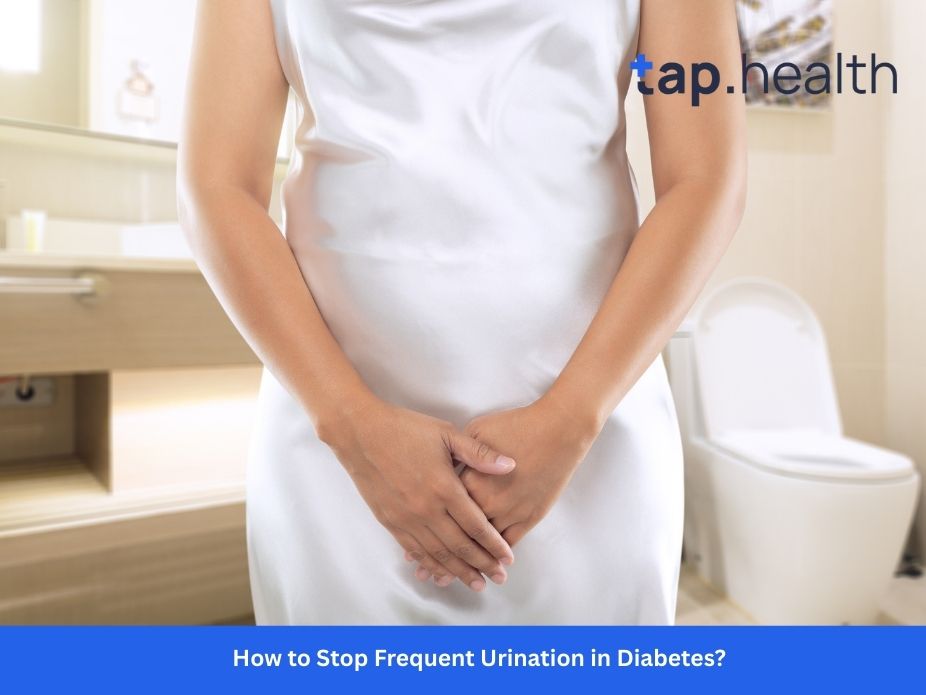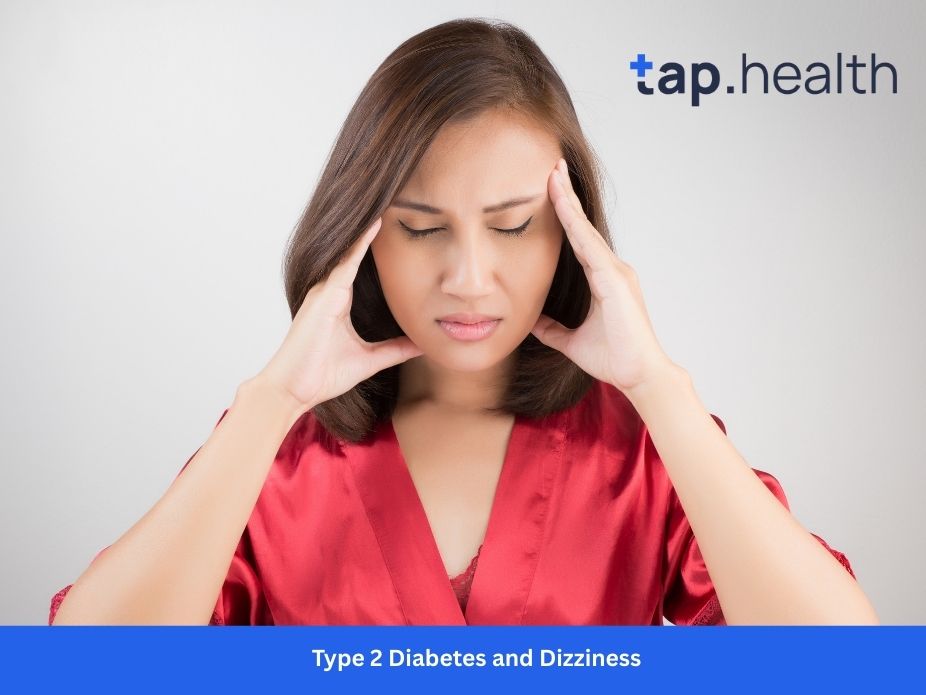Polycystic Ovary Syndrome (PCOD), also known as Polycystic Ovary Syndrome (PCOS), is a prevalent hormonal disorder affecting women of reproductive age. Characterized by hormonal imbalances, irregular menstrual cycles, and ovarian abnormalities, PCOD can significantly impact physical and emotional well-being. This blog provides a concise yet detailed overview of PCOD, covering its symptoms, causes, diagnosis, and treatment options to empower women with knowledge and support for managing this condition.
What Is PCOD? A Brief Overview
What defines PCOD? PCOD is a hormonal disorder marked by irregular ovulation, elevated androgen levels, and the presence of polycystic ovaries. According to the Rotterdam Consensus criteria, a diagnosis requires at least two of these three features: irregular or absent ovulation, high androgen levels, or polycystic ovaries visible on ultrasound. It is a diagnosis of exclusion, meaning other conditions with similar symptoms must be ruled out.
How common is PCOD? PCOD affects approximately 5-10% of women worldwide, though prevalence varies due to diagnostic challenges and symptom variability. Beyond reproductive issues, PCOD increases the risk of type 2 diabetes, cardiovascular disease, and metabolic syndrome due to insulin resistance and hormonal imbalances.
Common Symptoms of PCOD
What are the physical symptoms of PCOD? PCOD symptoms vary widely but often include:
- Irregular Menstrual Cycles: Infrequent or prolonged periods due to irregular ovulation.
- Hirsutism: Excessive hair growth on the face, chest, or back caused by elevated androgens.
- Acne and Oily Skin: Hormonal fluctuations can lead to persistent acne.
- Weight Gain: Many women experience weight gain, particularly around the abdomen.
- Acanthosis Nigricans: Darkened skin patches, often on the neck or underarms, linked to insulin resistance.
What are the emotional and psychological symptoms? PCOD can affect mental health, leading to:
- Mood Swings: Hormonal imbalances disrupt neurotransmitters, causing mood fluctuations.
- Anxiety and Depression: Fertility challenges and physical symptoms may contribute to emotional distress.
- Low Self-Esteem: Physical changes like hirsutism or weight gain can impact confidence.
Addressing both physical and emotional symptoms is critical for improving quality of life. Counseling or support groups can provide emotional support alongside medical treatment.
What Causes PCOD?
What role do genetics play in PCOD? Genetics is a significant factor in PCOD. Women with a family history of PCOD are at higher risk, as studies indicate a hereditary component. However, genetics alone does not guarantee the condition; environmental and lifestyle factors also contribute.
How do environmental factors influence PCOD? Exposure to endocrine-disrupting chemicals in everyday products may disrupt hormonal balance and exacerbate PCOD symptoms. Limiting exposure to such chemicals could be beneficial, though more research is needed to confirm their impact.
Can lifestyle affect PCOD? Yes, lifestyle factors like poor diet, lack of exercise, and stress can worsen PCOD symptoms. Maintaining a healthy weight and balanced diet can help regulate hormones and manage symptoms effectively.
How Is PCOD Diagnosed?
What steps are involved in diagnosing PCOD? Diagnosing PCOD involves a multi-step process:
- Medical History: Healthcare providers assess menstrual cycle patterns, symptoms, and family history to identify potential PCOD indicators.
- Physical Examination: Doctors check for signs like hirsutism, weight gain, or skin changes such as acanthosis nigricans.
- Laboratory Tests: Blood tests measure androgen, estrogen, LH, FSH, and insulin levels to evaluate hormonal imbalances and insulin resistance.
- Ultrasound Imaging: An ultrasound examines the ovaries for cysts or other abnormalities, aiding in diagnosis.
A comprehensive approach ensures an accurate diagnosis, ruling out other conditions with similar symptoms.
Treatment Options for PCOD
What medical treatments are available for PCOD? Treatment for PCOD is tailored to individual needs, focusing on symptom relief and hormonal balance:
- Medications:
- Oral Contraceptives: Regulate menstrual cycles and reduce androgen levels.
- Anti-Androgens: Manage hirsutism and acne.
- Insulin-Sensitizing Drugs: Address insulin resistance, often linked to PCOD.
- Surgical Interventions: Procedures like ovarian drilling may be considered for women with fertility issues or those unresponsive to medications.
Are there alternative therapies for PCOD? Some women explore complementary therapies like acupuncture, herbal remedies, or dietary supplements. While anecdotal evidence suggests benefits, scientific support is limited, and consultation with a healthcare provider is essential before trying these approaches.
How does lifestyle management help with PCOD? Lifestyle changes are a cornerstone of PCOD management:
- Healthy Diet: A balanced diet rich in whole foods can help regulate blood sugar and hormones.
- Regular Exercise: Physical activity improves insulin sensitivity and supports weight management.
- Stress Management: Techniques like yoga or meditation can reduce stress, which may worsen symptoms.
- Weight Management: Maintaining a healthy weight can alleviate symptoms and reduce health risks.
Collaborating with dietitians, therapists, or fitness experts can enhance lifestyle interventions.
Why Early Detection and Management Matter
Why is early diagnosis of PCOD important? Early detection of PCOD allows for timely intervention, reducing the risk of complications like infertility, diabetes, or heart disease. Recognizing symptoms early empowers women to seek medical advice and adopt lifestyle changes that improve long-term health outcomes.
How can women manage PCOD effectively? A holistic approach combining medical treatment, lifestyle modifications, and emotional support is key. Regular check-ups, adherence to prescribed treatments, and a proactive approach to health can minimize PCOD’s impact on daily life.
Frequently Asked Questions About PCOD
What is the difference between PCOD and PCOS? PCOD and PCOS are often used interchangeably, but PCOD typically refers to milder cases with ovarian cysts, while PCOS encompasses broader hormonal imbalances. Both require similar diagnostic and treatment approaches.
Can PCOD be cured? PCOD cannot be cured, but symptoms can be managed effectively with lifestyle changes, medications, and medical interventions.
Does PCOD affect fertility? Yes, PCOD can cause irregular ovulation, which may impact fertility. However, treatments like ovulation-inducing medications or lifestyle changes can improve fertility outcomes.
How does insulin resistance relate to PCOD? Insulin resistance is common in PCOD and contributes to hormonal imbalances, weight gain, and increased androgen levels. Managing insulin resistance through diet and medication is critical.
Conclusion
Polycystic Ovary Syndrome (PCOD) is a complex condition that affects women physically and emotionally. By understanding its symptoms, causes, and treatment options, women can take charge of their health and make informed decisions. Early diagnosis, combined with medical treatments, lifestyle changes, and emotional support, can significantly improve quality of life for those living with PCOD. If you suspect you have PCOD, consult a healthcare provider to discuss symptoms and create a personalized management plan. Empowering yourself with knowledge is the first step toward better health and well-being.



